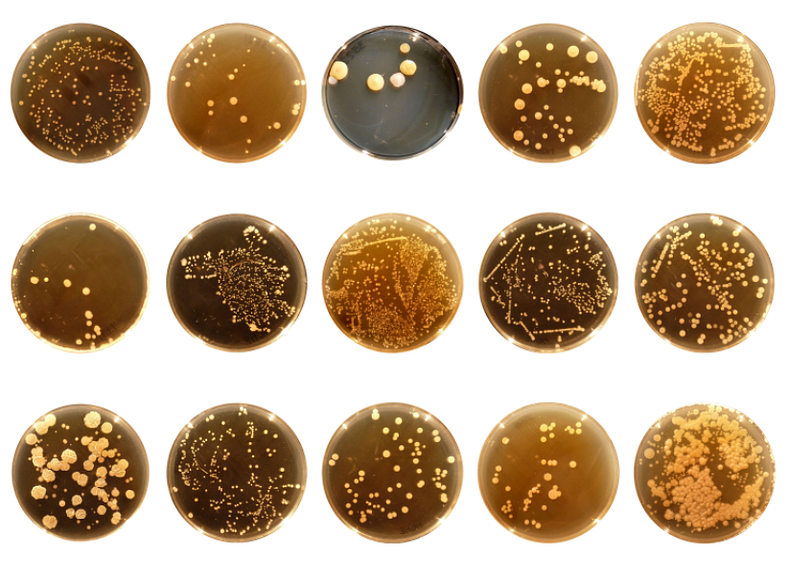 now most people have a very good understanding of how important personal hygiene is, not only to look good and smell nice but to be healthy. Some parts of our bodies are like sponges for bacteria which can cause infections and other health complications.
now most people have a very good understanding of how important personal hygiene is, not only to look good and smell nice but to be healthy. Some parts of our bodies are like sponges for bacteria which can cause infections and other health complications.
Most of you probably think that the filthiest parts of our bodies are the ones from where we release internal toxins. However, that is not true. Others may think that it is our parts where sweat is most abundant, as sweat creates the best environment for bacteria to reproduce. However, that isn’t the dirtiest part, either.
For many years scientists within the human biology field have studied this question, and most of them have come to the same conclusion that our bellybutton is, in fact the filthiest part of the human body as that is the place where most bacteria is being kept.
Research on the belly button
Professor Rob Dunn and his research team from North Carolina University created research in 2012 that tested how dirty belly buttons are from the count of microorganisms found inside. From the analyses of 60 people (30 male and 30 female), the research team declared that the human belly button is like an exotic jungle for micro bacteria, finding the biggest diversity of microorganisms compared to every other part of the body.
Upon further research, the team also concluded in their paper that this is caused due to people rarely washing this body part. The other factor is that all the fabric that is stored within the belly button of the clothes we wear, creates an even better environment for bacteria to reproduce. Besides all the fabric, the belly button holds a large quantity of dead skin.
The results of this research showed that on average, there are 2368 species of microorganisms living inside the belly button. To make a comparison with what is considered the second dirtiest part of the human body, which is the mouth, which only has on average, around 700 species of microorganisms, most of which can be harmful to us.
The Public Science Lab also launched an interesting program in 2011 called The Belly Button Biodiversity in order to investigate how active this body part is with microorganisms. Some of the people that took part had to collect samples from their Belly Button, and whatever microorganisms were inside had been cultivated and shown on the showcase.

As you can see from these samples, the belly button holds numerous microorganisms that can easily reproduce. Each of these samples contains billions of microorganisms, most of which can cause infections and other health complications.
Take your time washing your body
People do not realize how dangerous not washing their belly buttons actually is, and this image above should make people think twice when taking a shower or a bath. Just being in contact with water and soap isn’t enough; the area, just like any other part of the body, needs to be scrubbed.
Experts say that extra care should be taken care when washing this part of the body in order to make sure that you avoid any unpleasant odors as well as belly button fungus or other health problems.
Avid Writer with invaluable knowledge of Humanity!
Upcoming historian with over 30 million views online.
“You make your own life.”





